It is entirely up to you if you want to clip your chicken’s wings. Most chickens can fly to some degree and by clipping the wing tips you stop them from being able to fly. This can be beneficial if you have a free ranging area where they could possibly fly away and get lost, however in our experience once hens are well established they won’t fly away from the safety of their flock and area. It can be beneficial to clip wings during the initial settling in
period whilst your new hens get used to their new surroundings. If you do clip wings it will mean they are more vulnerable to predators as without the ability to fly away they become easier prey.
Clipping your hen’s wings is actually very easy. With sharp scissors you will hold the bird under one arm and using your free hand clip the tips form the primary feathers on each wing.
This does not hurt the chickens at all, it will mean your chicken cannot fly easily, they can still jump but won’t be able to catch the air under their wing to get elevation.
If you have a permanent run and want to create a good foraging base for your chickens, we recommend first digging down about 6-10 inches and line with a membrane that allows for draining, then layer on top of this a 4-5inch layer of gravel or animal safe pebbles. This will allow your chicken run to drain effectively during very wet weather and will stop the chickens from scratching down to mud and causing mess. Then on top of the gravel or
pebbles you can put layers of chicken safe bark. This will create a lovely free draining, area for your hens to forage in without creating mud. You will need to change the bark layer every year and disinfect the pebbles/gravel and run with diluted Vrikon S in a garden sprayer once every 4 months. You can also place a run on concrete, or paving slabs, but there will be no way for your hens to forage and you will need to wash and clean this
regularly. Grass is also fine, provided you have a movable run and can move their run area regularly to stop mud and offer a fresh patch of grass to scratch and forage.
Yes, if you have a pom-pom or crested breed such as Padovana, Silkie or Polish and you feel her vision is impaired by her frontal pom-pom feathers then you can trim these. Use sharp scissors and be careful, the feathers here do not have deep blood follicles so it is unlikely you will cause bleeding.
Timing is important when moving house, you don’t want to pack your hens up too early and have them in boxes for too long, but at the same time, you don’t want to try packing them during the day as it causes stress. The best time to pack up your hens will be last thing the night before you move, once they are a sleep it is easier to catch and secure them safely and without causing too much stress.

